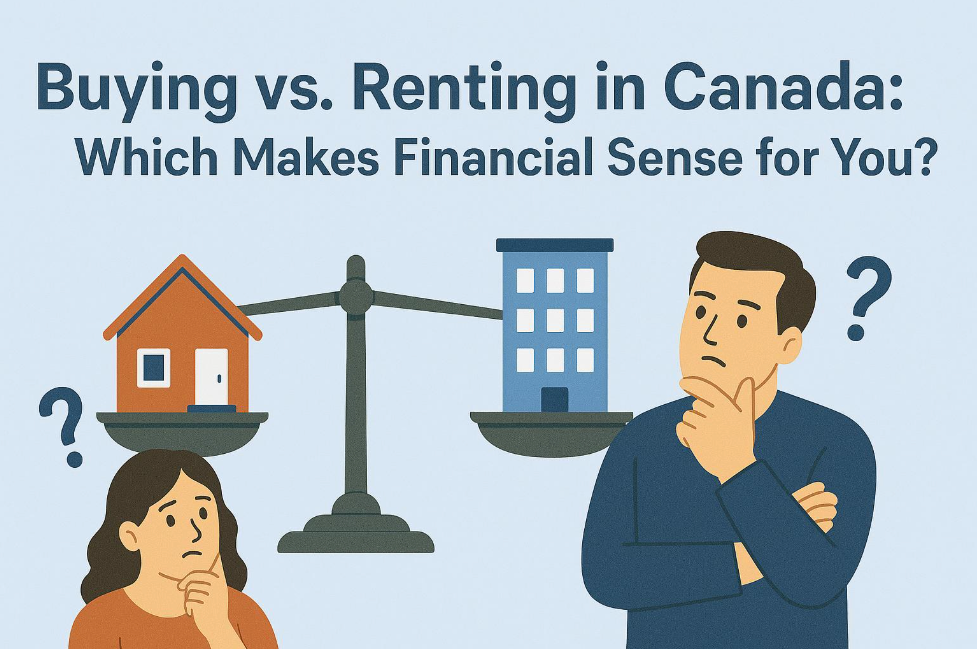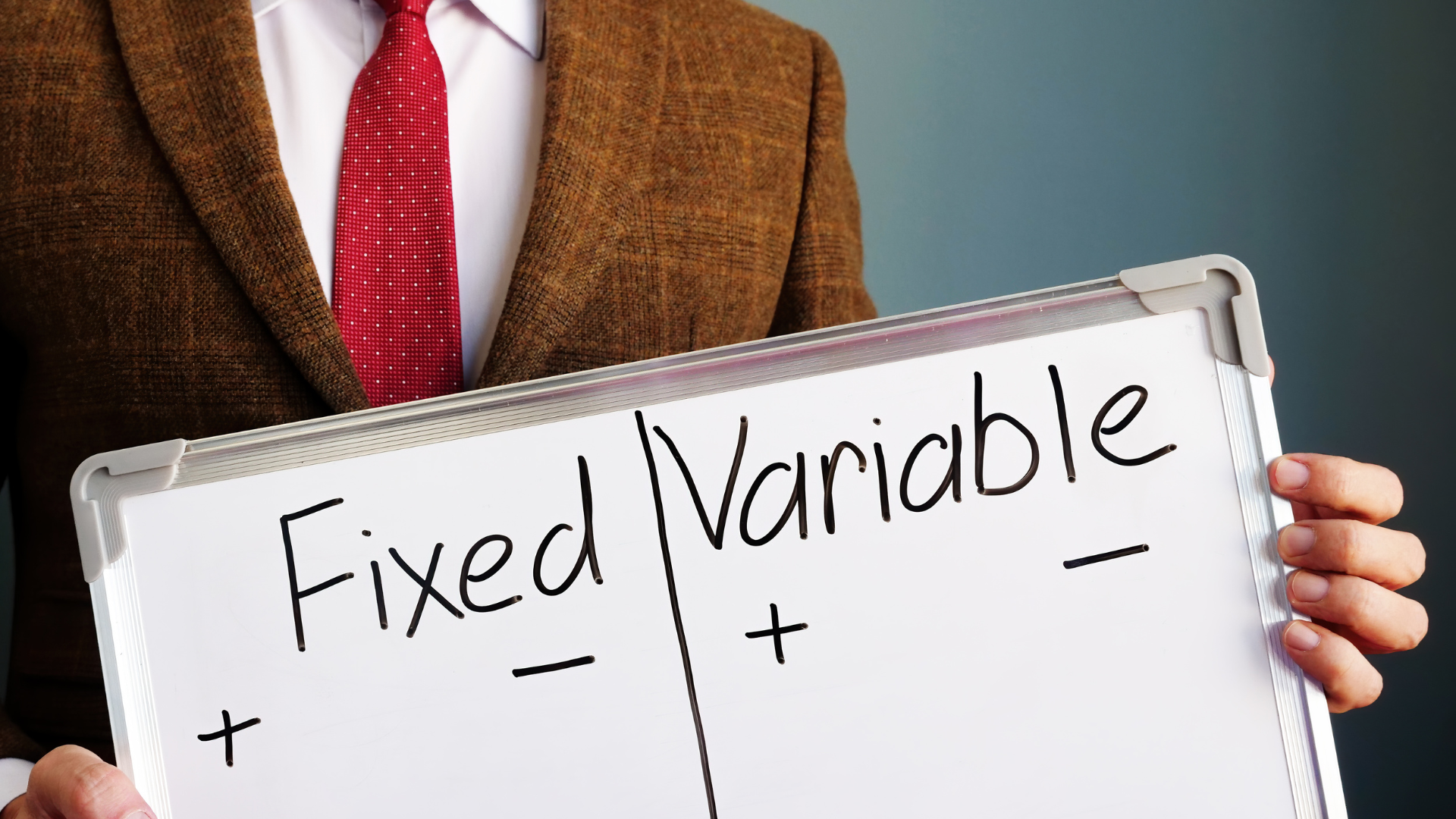BC Property Tax
Kelly Hudson • April 7, 2021

BC Property Tax - What You Need to Know When Buying a Home
When you own, lease or gain an interest in a property (e.g. land, home, etc.) located in the province of B.C. you must pay property taxes for every year you own your home.
Property taxes in B.C. are due the first business day after July 1.
Home Owner Grant
The home owner grant reduces the amount of annual property tax you pay for your principal residence.
Find out what you may qualify for
as a B.C. resident.
If you buy a home at another time, for example in September, unless the property seller has stated they are responsible for pay property taxes in the Contract of Purchase and Sale, then you must pay your share of the year to avoid a penalty.
Consider these examples:
Before July 1
If you buy your home before July 1 or before the taxes are fully paid, you’ll receive the sellers part of the property taxes. You’ll be responsible for paying the total amount of the property taxes.
• Possession date: April 1
• Taxes: $3,500 less $570 (Home Owner’s Grant) = $2,930
• January 1 to April 1, 2015 is 90 days. $2,930.00 x 90 days = 26,370 ÷ 365 days in a year = $722.46
You’ll receive $722.46 from the seller towards total cost of the property taxes, which you will pay in full by July 1.
After July 1
If you buy your home after the seller has paid for the full tax year, you’ll have to reimburse them.
• Possession date: September 1
• Taxes: $3,500 less $570 (Home Owner’s Grant) = $2,930
• September 1 to December 31, 2013 is 122 days. $2,930 x 122 days = 35,746 ÷ 365 days in a year = $979.34
You’ll need to reimburse the seller $979.34 on the Statement of Adjustments to compensate them for already paying the taxes for the full year.
BC Property Tax updates:
February 16, 2021
Retroactive home owner grant applications for 2020 are now being accepted online. Learn more about applying for a retroactive grant and about other information updates at gov.bc.ca/homeownergrant
December 31, 2020
The home owner grant application process has changed.
Effective 2021, residents in municipalities no longer apply for the home owner grant through their municipal office. Everyone will now apply directly to the province using a new online system that’s easy to use and will process applications faster.
The system will be available in early 2021. Visit gov.bc.ca/homeownergrant
for more information.
Mortgages are complicated, but they don’t have to be… Engage an expert!
Kelly Hudson
Mortgage Broker
Mortgage Architects
Mobile: 604-312-5009
Kelly Hudson
MORTGAGE ARCHITECTS

RECENT POSTS

By Kelly Hudson
•
April 3, 2025
Are you debating whether it's smarter to rent or buy a home in Canada? It's a common question, and the answer depends on your personal situation. Both renting and buying have their pros and cons, but for most people, homeownership tends to offer substantial long-term benefits. Let’s explore both options clearly, so you can confidently decide what’s best for you. Advantages of Buying a Home 1. Personal Freedom and Customization Owning your home means having the freedom to personalize your living space. Dreaming of a bold paint colour or unique flooring? Go ahead—your home, your rules! 2. Building Equity and Wealth Each mortgage payment you make is an investment in yourself. Over time, your home typically appreciates in value, increasing your equity. This can become a significant asset that helps secure your financial future. 3. Stability and Security Owning offers peace of mind. You don’t need to worry about sudden rent hikes or eviction notices. Your home remains yours until you decide otherwise. 4. Long-Term Financial Benefits Homeownership acts as forced savings. Unlike renting, every mortgage payment moves you closer to outright ownership, building a financial foundation that can support you and your family for years to come. Challenges of Buying a Home 1. Upfront Costs Buying comes with significant initial costs, including a down payment, legal fees, home inspection, appraisal, moving expenses, etc. 2. Responsibility for Maintenance Owning a home means you're responsible for maintenance and repairs. This can sometimes be costly and inconvenient. 3. Reduced Flexibility Selling a home typically takes time, which can limit your flexibility if you need or want to relocate quickly. Advantages of Renting 1. Easy Mobility Renting offers flexibility to relocate easily, beneficial for frequent job changes or lifestyle adjustments. 2. Fewer Responsibilities Repairs and maintenance are generally your landlord’s responsibility, reducing stress and unexpected expenses. 3. Lower Initial Costs Renting typically requires just a security deposit and the first month's rent, making it easier financially at the start. Downsides of Renting 1. No Equity Building Rent payments do not contribute to your equity. Instead, you’re effectively paying your landlord’s mortgage, offering no long-term financial return. 2. Restrictions and Rules Landlords often impose limitations, such as no pets or restrictions on decorating, making it challenging to feel fully at home. 3. Instability and Uncertainty Renters may face sudden rent increases or eviction if the landlord decides to sell or repurpose the property, disrupting your life significantly.

By Kelly Hudson
•
March 17, 2025
Since March 2022, mortgage rates in Canada have risen significantly, raising concerns for homeowners and potential buyers. But what drives these changes, and how do they impact your choice between fixed and variable mortgage rates? Let's simplify this important financial topic.
Let's do this together.
Sign up to our newsletter
Thank you for contacting me.
I will get back to you as soon as possible
Oops, there was an error sending your message.
Please try again later
Please try again later
© 2025
All Rights Reserved | Mortgage Architects



